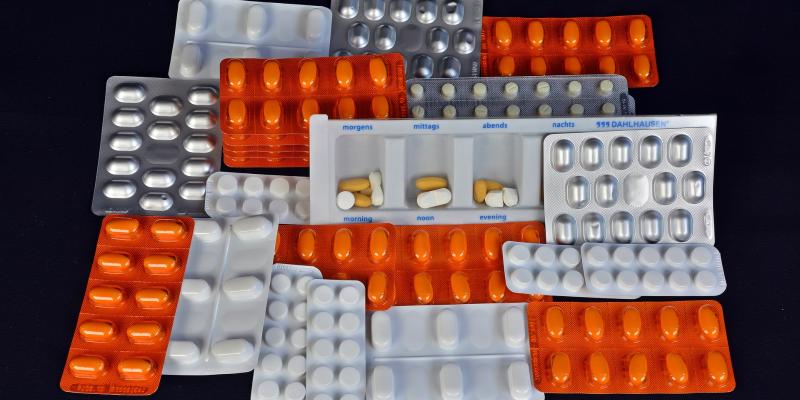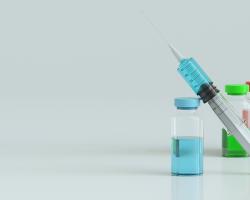As well as being highly effective, biologic medical products (biological products) cause less side-effects. These products are revolutionising contemporary medicine, especially as far as oncology, diabetology and nephrology are concerned. Experts go as far as to expect them to soon take over the pharmaceutical market.
The first products of this type were synthesised in the 19th century; many biologically-active compounds were identified at that time. It was also then that salicylic acid (often called aspirin) and paracetamol were introduced.
Instead of chemically synthesised components, biological products contain biological particles that are naturally found in human body. Biological products include human insulin, growth hormone, interferones and monoclonal antibodies, and also recombinant vaccines. They are used in treating diabetes, cancers, haemophilia, and hepatitis.
Causal effect
The use of these types of medicines in treatment was enabled by a better understanding of how diseases work. Researchers have identified the key components of pathological processes and then designed the relevant antibodies. The most frequently used antibodies influence the human immunological system, in that they directly impact on cancer or inflammatory cells. Currently, biological products make it possible to treat such diseases as hepatitis, haemophilia, asthma and autoimmune diseases, including multiple sclerosis and non-specific inflammatory bowel disease.
Biological medical products usually cause fewer side effects, as exemplified by non-specific inflammatory bowel diseases such as Crohn’s disease and ulcerative colitis. Traditional medication for these conditions took a heavy toll on patients’ bodies. It is customary to prescribe them with the so-called aminosalicilates and steroids, which in addition to often being ineffective, might also cause adrenal insufficiency, diabetes, and high blood pressure, depression, and even muscle atrophy.
Biologic medical products inhibit the inflammatory process and facilitate better disease management. The treatment is essentially about administering monoclonal anti-TNF antibodies to reduce complications and avoid the surgical resection of a portion of the damaged intestine.
Half the value of the pharmaceutical market
Doctor Maciej Newada, the Experimental and Clinical Pharmacology Chair and Institute of the Medical University of Warsaw is of the opinion that while the 20th century in pharmacy was an age of chemistry, the 21th century is shaping up to be an age of biotechnology.
Biologic medical products already account for half the value of the pharmaceutical market at large. The reason behind this is that they are much more expensive than traditional pharmaceuticals (produced through chemical synthesis). Year by year, however, their number is growing, as is the number of diseases they are used to treat.
Professor Paweł Grieb, the Mossakowski Medical Research Centre of the Polish Academy of Sciences in Warsaw, claims that the market of biologic medical products, and in particular recombinant proteins and monoclonal anti-bodies, has been growing faster than traditional pharmaceuticals.
In 2008 alone, USD 11 billion worth of Erythropoietin was sold worldwide. Each of the ten individual groups of biological products accounts for at least USD 1 billion in sales.
Enhanced production methods
Increasingly popular, biologic medical products have been getting competition from their cheaper substitutes, so-called biosimilars (or bio-substitutes).
The first bio-similar drug was registered in Europe in 2004. Since then, a major surge in biotechnological progress has been observed. Thanks to enhanced production methods, these drugs have been of an increasingly better quality. According to experts, in some cases, bio-substitutes demonstrate superior purity and better tolerance, as their production process is more repetitive than that used in the past for the so-called reference innovative medicines.









Comments (0)